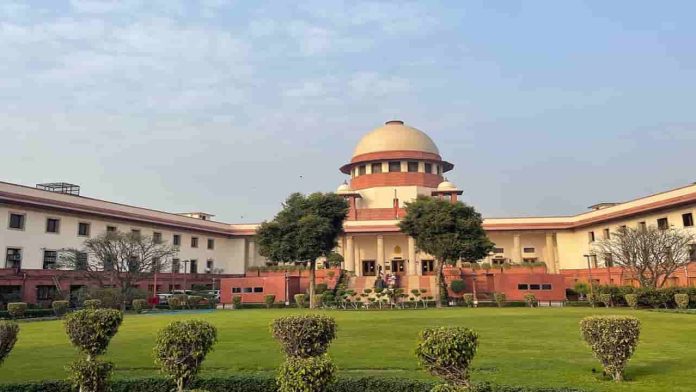The Supreme Court has invited people from all walks of life, apart from disability rights experts and the differently-abled themselves, to give suggestions on making the Apex Court more accessible to these people.
The official website of the Supreme Court of India has come up with two sets of questionnaires regarding accessibility of differently-abled.
Chief Justice of India (CJI) D.Y. Chandrachud had constituted a Committee on December 3 last year to conduct a comprehensive accessibility audit of the Supreme Court premises regarding accessibility.
The audit aimed at ensuring both physical as well as functional accessibility in the justice system and understanding the hardships faced by the persons with disability in their interface with the top court of the country.
Headed by Justice S. Ravindra Bhat, the Committee recently released the questionnaires to collect inputs from all stakeholders to assess the nature and extent of the problems faced by persons with disabilities in navigating the Supreme Court facilities.
Out of the two questionnaires, the first one sought answers to general questions related to court accessibility, along with questions for those with visual and hearing impairments and locomotive disability.
The questionnaire sought answers to questions pertaining to website and document accessibility from persons with disability, including lawyers, litigants, law clerks, court staff, legal interns, court journalists, Judges, legal researchers and visitors.
The questionnaire further sought to ascertain whether the video conferencing and live proceeding facilities extended by the Supreme Court were disabled-friendly and whether VC should be made mandatory in all cases involving disabled stakeholders.
The questionnaire also asked for suggestions from stakeholders whether there should be a special system for cases involving lawyers, litigants, judges, law clerks and interns with disability to facilitate effective access to all facets of a given case.
The second questionnaire sought suggestions from disability rights experts to ensure that the Supreme Court was physically and virtually accessible to all.
The said questionnaire sought categorical inputs from experts to understand the special challenges faced by women with disability in accessing the Supreme Court.
Questions were also reflective of the Committee’s efforts to find out the processes that ought to be put in place to train all court staff on disability and inclusion.
There was also a question regarding the ways in which parking experience could be made more comfortable for persons with disability, who intend to physically access the Supreme Court.


